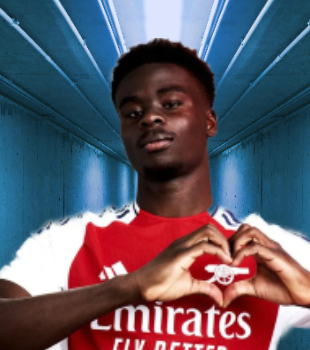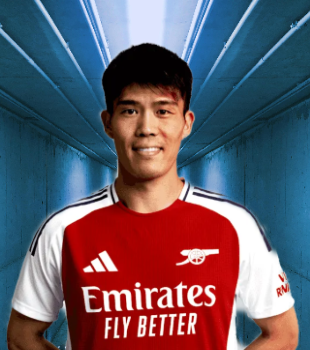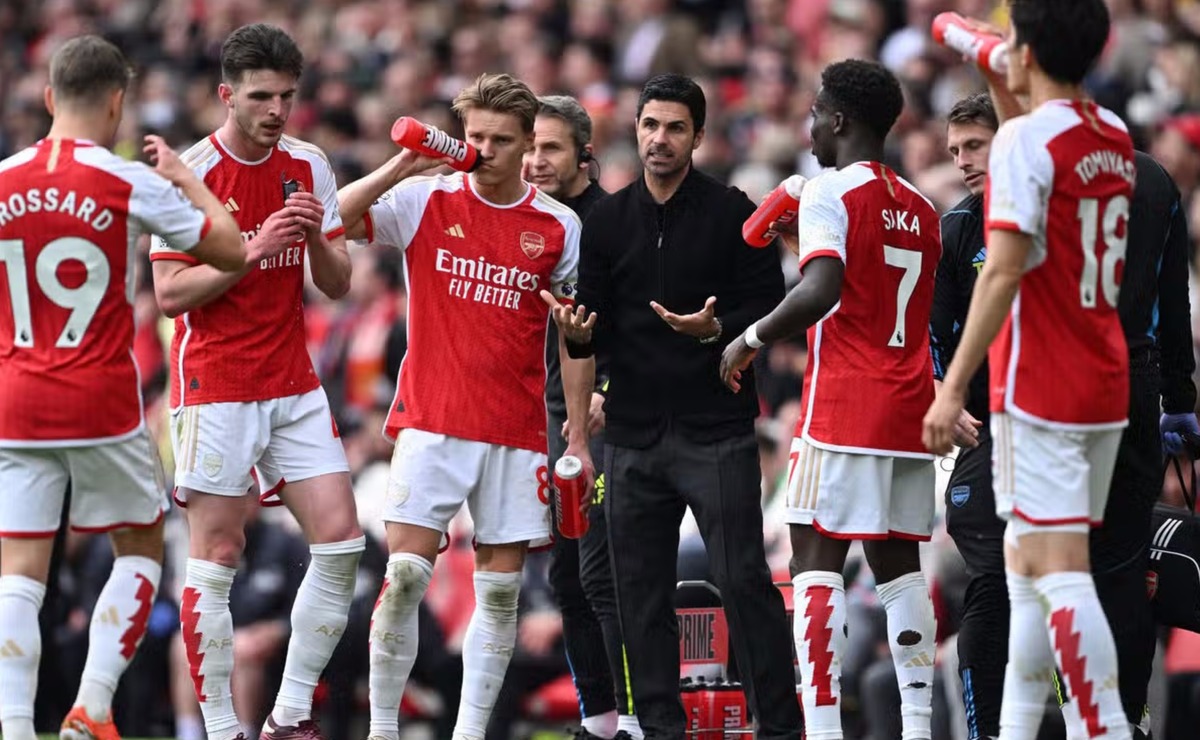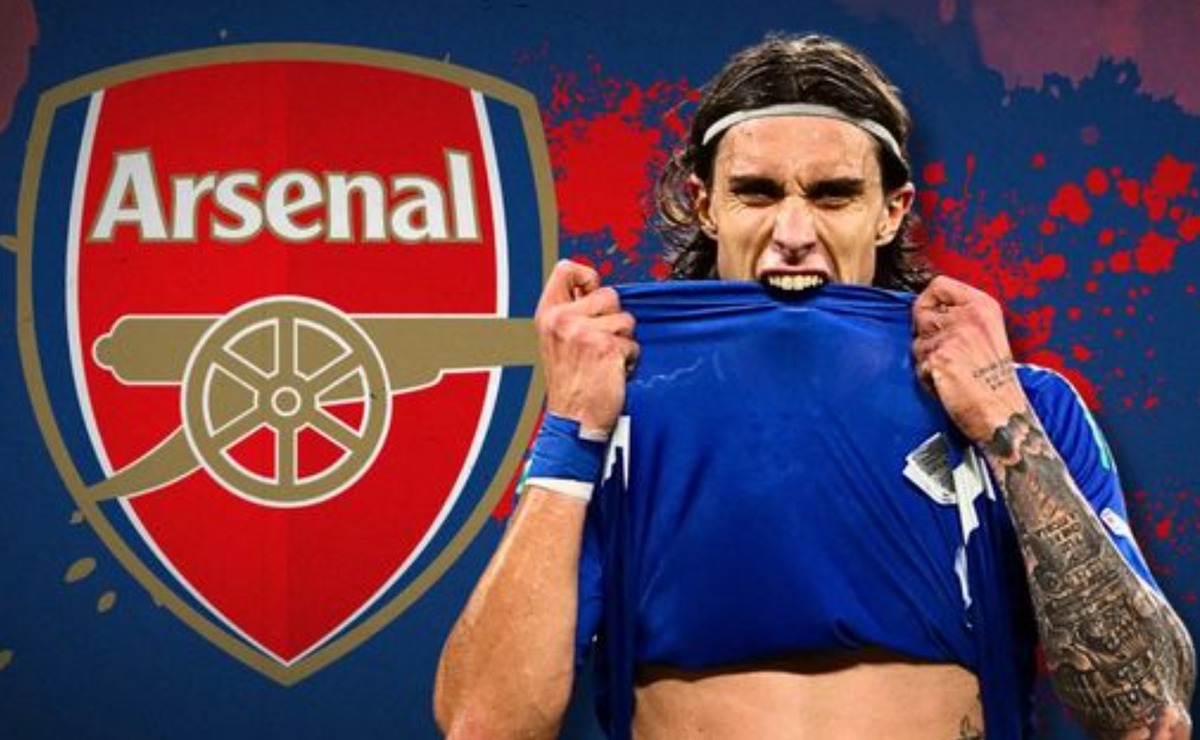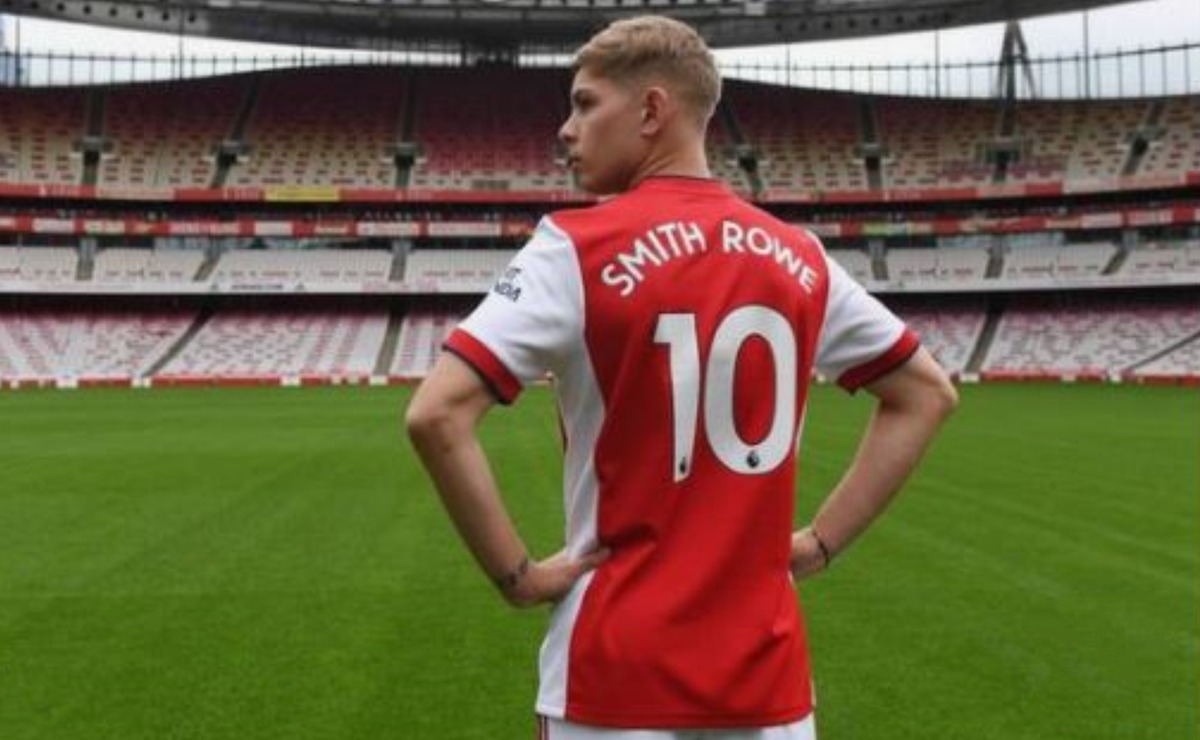1886
Established in
48
Champions
24
Current Players
69/70: A Legendary Club’s Journey from Highbury to the Emirates
Arsenal FC, founded in 1886, is a cornerstone of English football. This club is based in North London and has a history of triumphs and challenges. Whether you’re a die-hard fan or a curious observer, there’s always something new to learn about this legendary team. From their iconic red and white kits to their unforgettable matches at Emirates Stadium, Arsenal has cemented its place in football history. What makes Arsenal stand out? It’s not just the trophies; it’s the passionate fanbase, the thrilling matches, and the never-ending pursuit of excellence. Stick around to dive deeper into the world of Arsenal FC, where every game is a new chapter in an ever-evolving legacy.
History of Arsenal FC
To truly appreciate Arsenal FC’s storied history, one must explore its foundational years, key milestones, and pivotal figures. From its humble beginnings to becoming one of the most recognized football clubs globally, Arsenal’s journey is remarkable.
Founding and Early Years
Arsenal FC was established in 1886 by a group of munitions workers in Woolwich, London. Originally known as Dial Square, the club quickly changed its name to Royal Arsenal. The founders were passionate about providing workers with a recreational outlet, and football was a natural choice.
The early years were filled with challenges. Arsenal joined the Football League’s Second Division in 1893, becoming the first Southern club. They earned promotion to the First Division in 1904, but financial struggles led to a challenging period. Despite these hardships, Arsenal’s commitment to the sport and its fans never wavered.
The Herbert Chapman Era
Herbert Chapman’s arrival in 1925 marked a turning point for Arsenal. A visionary manager, Chapman introduced innovative tactics and training methods that revolutionized the game. He was instrumental in popularizing the WM formation, a strategy emphasizing defense and attack.
Under Chapman, Arsenal won their first significant trophies:
- First Division titles in 1930-31 and 1932-33
- FA Cup in 1929-30
Chapman’s influence extended beyond the pitch. He advocated for numbered shirts and floodlights, ideas that reshaped modern football. Sadly, his untimely death in 1934 cut his work short, but his impact on Arsenal and football remains profound.
Post-War Success
The years following World War II saw Arsenal maintain their status as a football powerhouse. The club secured several league titles and FA Cups, continuing their success from the pre-war era.
Some key achievements during this period include:
- League titles in 1947-48, 1952-53, and 1970-71
- FA Cup victories in 1950 and 1971
The Double win in 1971—securing both the FA Cup and the First Division title—was a significant milestone, showcasing Arsenal’s resilience and dominance. The club’s consistency in competing at the top level solidified its reputation as a mainstay in English football.
The Wenger Revolution
Arsène Wenger took the helm in 1996, ushering in a new era for Arsenal. Known for his focus on fitness, diet, and youth development, Wenger transformed Arsenal into a modern football machine. His emphasis on attacking football and technical skill won the club many admirers.
Wenger’s tenure saw numerous successes:
- Three Premier League titles (1997-98, 2001-02, 2003-04)
- Seven FA Cups
The 2003-04 season was incredibly historic. Arsenal went unbeaten in the league, earning the nickname “The Invincibles.” Wenger’s approach yielded trophies and cultivated talents like Thierry Henry and Patrick Vieira, ensuring that Arsenal remained competitive and exciting.
These critical periods in Arsenal’s history highlight a continually evolving club while maintaining a solid connection to its roots. Their achievements and innovations have left an indelible mark on football, captivating fans across generations.
Stadium and Facilities
Arsenal FC, one of the most storied clubs in English football, has had two legendary homes. These stadiums are more than just buildings; they represent the club’s evolution and ambitions. Let’s look at Arsenal’s journey from Highbury to the Emirates Stadium.
Highbury Era
Highbury was Arsenal’s home from 1913 to 2006. Known as “The Home of Football,” this iconic ground was steeped in history and tradition. Highbury wasn’t just a stadium but a fortress and symbol of the club’s spirit.
Highbury’s significance can’t be understated. It was where Arsenal:
- Won numerous league titles
- Had legendary players like Thierry Henry, Dennis Bergkamp, and Tony Adams
- Became renowned for its compact, intimidating atmosphere
The pitch’s proximity to the stands meant fans were practically on top of the action. Every cheer and groan felt amplified, creating an electric environment. For decades, Highbury was the heartbeat of Arsenal, witnessing countless memorable moments. However, the need for a larger, more modern venue became clear as football evolved.
Emirates Stadium
In 2006, Arsenal moved to the Emirates Stadium, a state-of-the-art facility designed for the future. This move marked a new chapter in the club’s journey, combining modern amenities with a capacity to host more fans.
Here are some key features of the Emirates Stadium:
- Capacity: At around 60,000 seats, it’s significantly larger than Highbury, allowing more fans to experience the matches.
- Design: Sleek and modern, it offers unobstructed views from every seat.
- Facilities: Advanced training and medical facilities, luxury suites, and world-class hospitality.
The Emirates isn’t just a stadium; it’s a statement of ambition. Hosting major matches and events is crucial to the club’s financial strength and global appeal. The stadium also features statues and tributes to club legends, keeping Arsenal’s rich history alive within its modern walls.
Moving to the Emirates Stadium allowed Arsenal to compete with the most prominent European clubs on and off the pitch. It provided the resources to attract top talent and maintain the club’s competitive edge.
From the historic Highbury to the futuristic Emirates, Arsenal’s stadiums have mirrored the club’s growth and ambition. Each has its unique place in the hearts of fans, contributing to Arsenal FC’s storied legacy.
Club Culture and Philosophy
Arsenal FC is known for its rich history, passionate fans, and distinctive approach to football. The club’s culture and philosophy set it apart in football, creating a unique identity that resonates with supporters far and wide.
The Arsenal Way
‘The Arsenal Way’ represents more than just winning matches; it encapsulates a style of play and a set of values embedded deep within the club. This philosophy prioritizes attractive, attacking football and emphasizes technical skill and creativity. Arsenal’s players are often celebrated for their flair and precision on the pitch.
- Ball Possession: Arsenal teams traditionally control games through superior possession. They focus on tight passing, maintaining the ball, and systematically breaking down opponents.
- Youth Development: The club is renowned for nurturing young talent. Arsenal’s Academy has produced numerous stars who have achieved greatness.
- Sportsmanship and Respect: Beyond tactics, ‘The Arsenal Way’ also includes high standards of sportsmanship. The club emphasizes respect towards opponents, officials, and fans.
Overall, the Arsenal Way is about more than just how they play; it’s about playing with integrity and class.
Fan Engagement and Community
Arsenal FC has always had a close relationship with its fans and the larger community. This connection is maintained through various initiatives that ensure fans feel valued and involved.
- Fan Forums and Surveys: Arsenal regularly holds forums and conducts surveys to gather feedback. This ensures that fans’ voices are heard and considered in decision-making processes.
- Community Programs: The Arsenal Foundation supports numerous community projects, focusing on education, social inclusion, and sports development. These initiatives help uplift local communities and contribute to social betterment.
- Global Reach: Arsenal’s fan engagement isn’t limited to North London. They host events and fan clubs worldwide, ensuring that supporters worldwide feel connected to the club.
Engagement goes beyond just activities; it’s about building a community where every fan feels part of something bigger.
Recent Performance and Future Prospects
Arsenal FC, a powerhouse in English football, has experienced ups and downs over recent seasons. While the club remains a significant contender, let’s examine its recent performance and prospects.
Recent Seasons Overview
Arsenal’s journey in the Premier League and other competitions has been a roller coaster. Over the past few years, the club has often been in positions just outside the top four. This has led to mixed feelings among fans and analysts alike.
- League Positions: The team has consistently finished in the mid-table to top half of the Premier League. In recent seasons, they have secured spots between 5th and 8th position.
- Cup Runs: Arsenal has enjoyed some success in domestic cup competitions. In recent years, they’ve claimed the FA Cup title, adding to their impressive silverware collection.
- Key Players: Notable mentions go to players like Pierre-Emerick Aubameyang, Bukayo Saka, and Emile Smith Rowe. Their performances have often stood out, making them fan favorites and crucial to the team’s strategy.
Arsenal’s league positions reflect both promise and inconsistency. Cup wins provide a glimmer of hope, suggesting that the club still has the potential to challenge for top honors.
Youth Development and Academy
Arsenal’s Academy has been a cornerstone of the club’s philosophy. Known for producing top talents, the Academy continues to feed the first team with promising young players.
- Importance of the Academy: Investing in youth isn’t just about the future; it’s a strategic choice. The club’s emphasis on nurturing young talent ensures a steady supply of skilled players who embody Arsenal’s playing style.
- Emerging Talents: Several players have recently moved from the Academy to the first team. Bukayo Saka and Emile Smith Rowe are prime examples. These young stars have brought energy, skill, and a fresh dynamic to the squad.
- Development Programs: Arsenal’s development programs focus more than just football skills. They emphasize holistic growth, ensuring players are well-rounded on and off the pitch.
By prioritizing youth development, Arsenal is securing its future and creating a team closely connected to its roots and traditions. This approach promises a bright future, with homegrown talents continuing to shine.
Conclusion
Arsenal FC has a history of triumphs, challenges, and unforgettable moments. As one of EnglaEngland’s successful football clubs, Arsenal has impacted the game through its achievements and philosophy.
Storied Achievements
From their first league title in 1931 to the invincible season in 2003-2004, Arsenal’s achievements were serious and impressive. Here are some key highlights:
- 13 League Titles: Arsenal has clinched the top spot in English football 13 times.
- 14 FA Cups: A record number in English football, showcasing the club’s consistency inclub’sompetitions.
- European Success: Though European glory has been elusive, the 1970 Fairs Cup and the 1994 Cup Winners’ Cup are stanWinners’ents.
- The Invincibles: The 2003-2004 season saw Arsenal go unbeaten in the league, a feat unmatched in modern football.
Influential Figures
Several key figures have shaped Arsenal’s legacy.
- HerArsenal’sman: Pioneered tactical innovations and led the club to its first league titles.
- Arsène Wenger: Introduced a new playing style and led Arsenal through one of its most successful periods.
- Thierry Henry: Arsenal’s all-time toArsenal’sand a symbol of the attacking prowess the club is known for.
Cultural Impact
Arsenal’s influence is evident in its trophies and titles. The club focuses on playing attractive soccer, developing young talent, and engaging with the community.
- Playing Philosophy: Emphasis on fluid, attacking football.
- Youth Academy: Production of talents like Cesc Fàbregas and Jack Wilshere.
- Community Initiatives: Programs to engage and support the local community in North London.
Legacy of Innovation
Arsenal has often been at the forefront of innovation in football.
- Tactical Pioneers: From Chapman’s WM formatioChapman’ser’s emphasis on Wenger’sn and sports science.
- Stadium Development: The club’s move to the Emclub’s Stadium in 2006 was a significant step in securing its financial future.
- Global Reach: Arsenal has a vast fanbase worldwide, thanks to its style of play and consistent success.
Enduring Passion
Despite many ups and downs, Arsenal’s fanbase remains as passionate and dedicated as ever. The club’s ability to inspire and unite people is a testament to its enduring appeal.
- Fan Loyalty: Season tickets are highly sought after, and the Emirates Stadium is always buzzing with excitement.
- Global Support: Arsenal supporters’ clubs, frsupporters’o Tokyo, can be found worldwide.
Arsenal FC’s history is a ricFC’s tapestry of success, innovation, and unwavering passion. The club’s football history goes beyond winning trophies. It shapes the sport and its community. The club builds on its rich history, securing its place among football’s best.

English Championship
30/31 - 32/33 - 33/34 - 34/35 - 37/38 - 47/48 - 52/53 - 70/71 - 88/89 - 90/91 97/98 - 01/02 - 03/04
Cup Winners Cup
93/94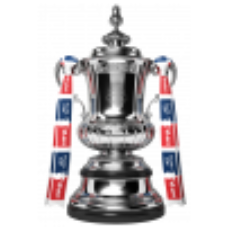
FA Cup
1929/30 - 35/36 - 49/50 - 70/71 - 78/79 - 92/93 - 97/98 - 01/02 - 02/03 - 04/05 - 13/14 - 14/15 - 16/17 - 19/20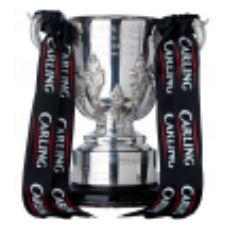
English League Cup
86/87 - 92/93
English Supercup
30/31 - 31/32 - 33/34 - 34/35 - 38/39 - 48/49 - 53/54 - 91/92- 98/99 - 99/00 - 02/03 - 04/05 - 14/15 - 15/16 - 17/18 - 20/21 - 23/24
Inter Cities Fairs Cup
69/70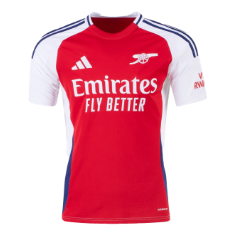
Home Jersey



 Manchester City
Manchester City 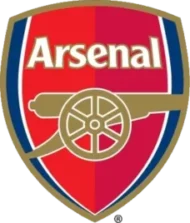 Arsenal
Arsenal 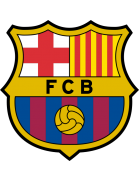 Barcelona
Barcelona 




